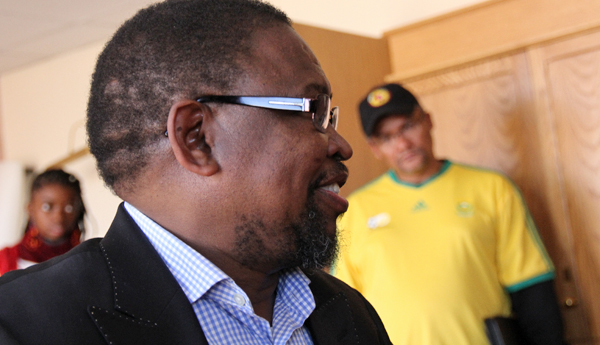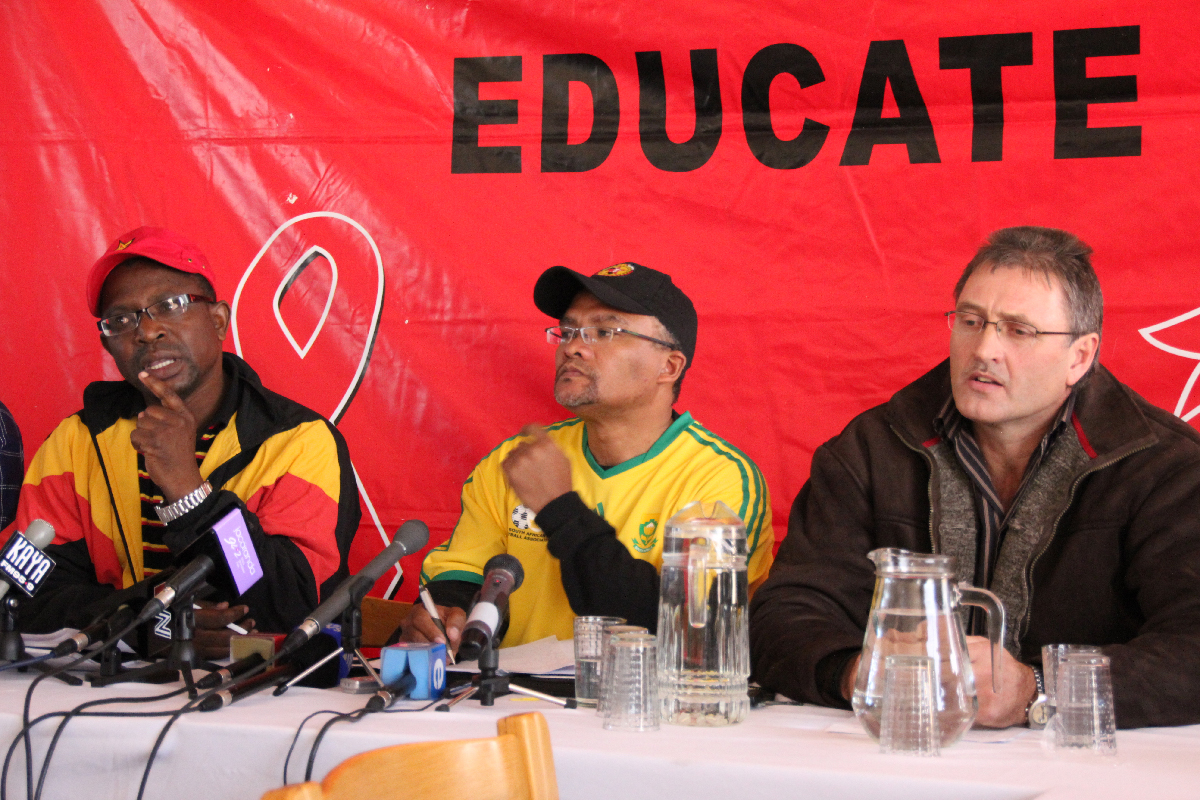There is a rather important difference of opinion between Eskom and the ministry of energy on one side, and the unions that represent the vast majority of Eskom’s workers on the other. The authorities believe that essential-service rules mean Eskom workers can’t embark on a legal, protected strike. The unions disagree.
The unions have obtained a legal opinion about the essential-service classification, says Paris Mashego of the National Union of Metalworkers, and “in terms of that legal opinion we have a right to go on strike”. And strike the unions say they will, if their members vote to do so, which could happen as early as next week.
Eskom disagrees. “Eskom has been declared an essential service, and strikes at Eskom are thus prohibited,” it said in a statement on Thursday afternoon. “This was reaffirmed by the High Court interdict obtained by Eskom on 25 May 2010.”
At the heart of the disagreement is that Eskom believes the entire parastatal is a single entity, at least under law, while unions point out that some portions of the company are clearly not directly essential for generating power. “The PA in the office of the CEO is not essential in our view, but Eskom believes such people are essential,” they say.

Photo: Deputy energy minister Enoch Godongwana, who attended the unions' briefing, answers questions from journalists afterwards, despite claiming a media ambush and saying he was there only to attend, with Numsa's Karl Cloete watching in the background.
Which is where what sounds awfully like a diplomatic breakdown between the parties comes in, right from the top. The three unions say public enterprises minister Barbara Hogan is “acting like a shop steward for Eskom”, and is partial to such an extent that any mediator of last resort she appoints would be anti-union. Both NUM and the National Union of Metalworkers have also called for the firing of Bhabhalazi Bulunga, Eskom’s chief negotiator, saying he is an arrogant bully who has undermined negotiations with disrespect and brinksmanship.
That could mean the difference between an orderly strike and one that affects electricity supply. If Eskom weren’t arrogant in its dealings, the unions say, and members voted for a strike, the way forward would be clear: quick side-negotiations on which operations are essential and which are not, so that industrial action could go ahead without too much damage to the economy – or a lack of power to World Cup stadia. But they can’t see those kinds of talks happening with Bulunga as chief negotiator, and say the utility has been stalling for years on the official process of making the distinction.
Will workers vote for a strike? Nobody really knows. The unions say their members are angry, and though they have a vested interest in playing up the extent of that anger and the depth of commitment to their demands, their claims are at least partially true. The announcement that Eskom turned a profit in its last financial year, the bonuses awarded to executive management, the enormous claim by former CEO Jacob Maroga and the quantum of capital investment have all combined to convince workers that Eskom has the money, but just doesn’t want to spend it on them. Dropping a couple of million rand on World Cup tickets didn’t help either.
It is clear that the unions are engaging in some brinksmanship of their own. They are strongly implying that failure to meet their latest revised demands could lead to a strike, unless either the government or the ANC intervenes quickly. They are also trying to send the message that they may not be entirely in control of their members, although of course they as leaders would always do their best to caution and guide and so on and so forth.
That leaves the ball in the government court. If Hogan has a plan to bring the unions onto side, she sure hasn’t given any hint of it yet. That could make the next couple of weeks a little tense.
By Phillip de Wet
Main photo: Paris Mashego (NUM), Karl Cloete (Numsa) and Bennie Blignaut (Solidarity) at a joint media conference in Johannesburg on Friday.




